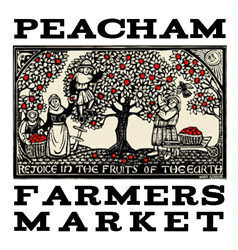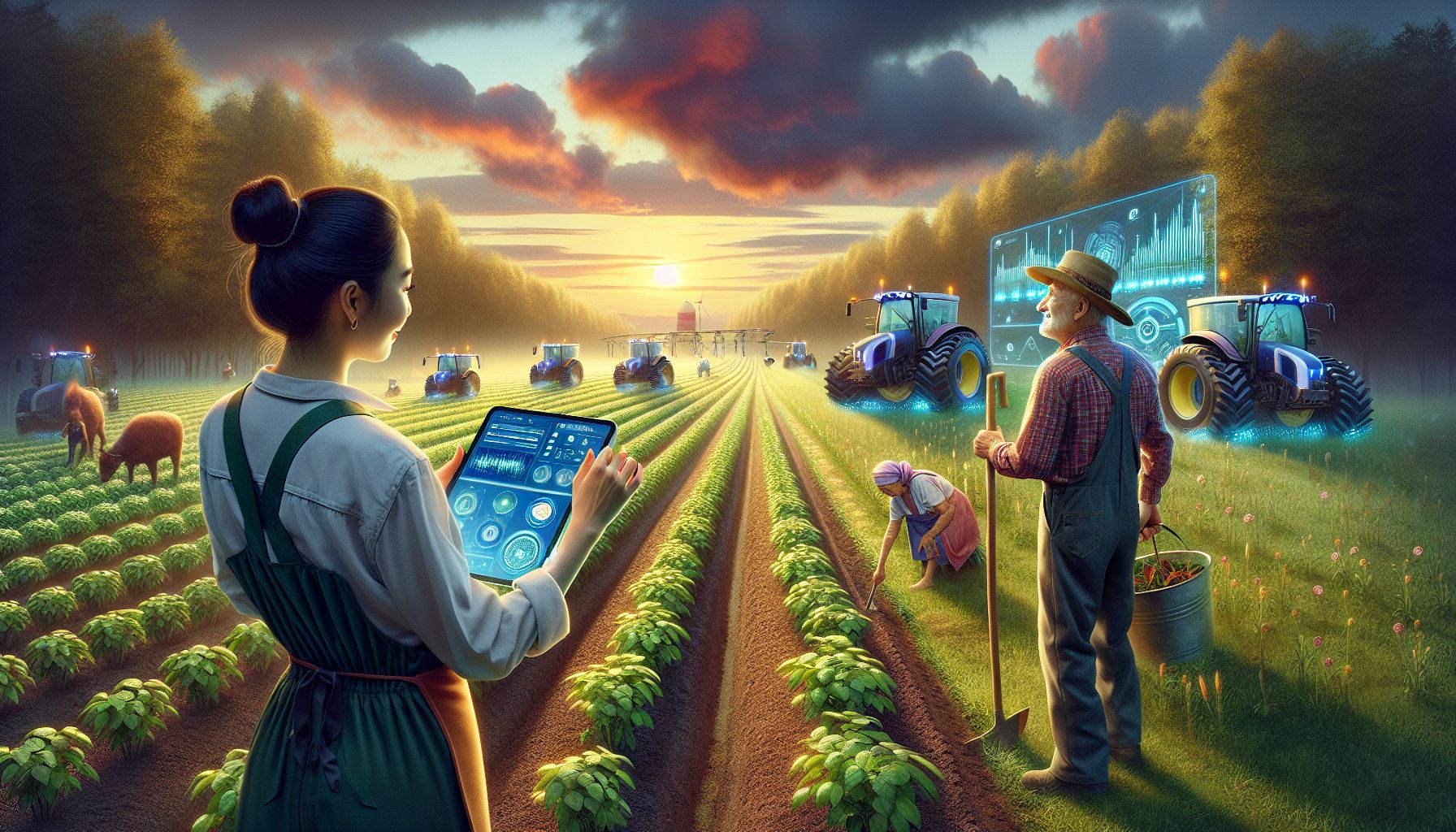From the savory aroma of freshly baked bread to the comforting flavors of a hearty stew, food has the power to bring people together and evoke memories. Recipes passed down from generation to generation, each with its unique twist and cultural significance, are the threads that bind families and communities together. But as we continue to embrace globalization and a fast-paced lifestyle, the question arises – what is the future of farming in the face of changing food preferences and the need for sustainability?
With the rise of sustainable living and the push for environmentally conscious choices, the agricultural industry is at a crossroads. Traditional farming practices, such as monoculture and heavy use of pesticides and fertilizers, have contributed to land degradation and soil erosion. As a result, farmers are turning to sustainable farming methods such as crop rotation, conservation tillage, and the use of natural fertilizers to preserve the land and increase productivity.
Technology, too, is playing a critical role in revolutionizing farming. From precision agriculture techniques, such as using drones to map field conditions, to digital agriculture tools that monitor crop health and weather patterns, technology is changing the way farmers operate. These advancements not only reduce environmental impact but also make farming more efficient and cost-effective.
Despite these developments, modern farmers face numerous challenges. With the growth of urban areas, many farming communities are losing access to land, resources, and markets. Furthermore, unpredictable weather patterns and natural disasters can devastate crops and livelihoods. The pressures of meeting the demand for diverse and exotic produce, often grown out of season and transported from afar, add to the struggles faced by farmers.
In the midst of these challenges, many farming communities are turning back to their roots – both literally and figuratively. By celebrating and promoting traditional farming practices and reviving heirloom crops, they not only preserve cultural heritage but also promote sustainable living. As more people seek to reconnect with nature and support local producers, traditional farming methods are regaining popularity.
But how does this all relate to recipes and family traditions? The answer lies in the heart and soul of farming – the land itself. Sustainable agriculture methods not only protect the environment, but they also result in healthier, more nutrient-dense produce. By using these high-quality ingredients, recipes become elevated, and family traditions are preserved. From traditional heirloom corn for tortillas to locally sourced herbs for aromatic curries, sustainable farming practices provide the foundation for flavorful and meaningful meals.
So, what does the future hold for farming? As a society, we are slowly realizing the importance of sustainability and the need to preserve our planet. And with that comes a renewed focus on supporting local and sustainable agriculture. By continuing to innovate and adapt to changing demands and challenges, farmers play a significant role in shaping a more sustainable future.
In conclusion, the future of farming must navigate the fine balance between sustainability and preserving cultural expressions and family traditions. By embracing sustainable farming practices and supporting local producers, we can ensure a diverse and flavorful culinary landscape while safeguarding the environment for future generations. So, let us savor each bite with the knowledge that it is not just a meal, but a taste of our collective past, present, and future.

